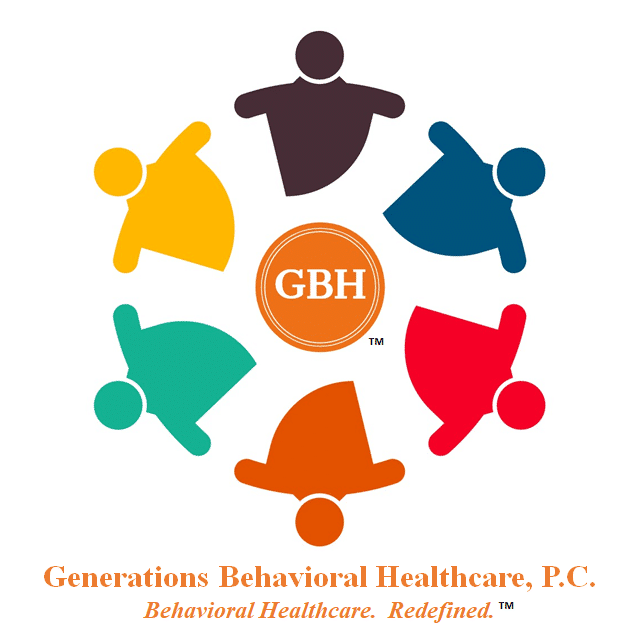
What is depression? Depression is a mental illness that is correlated with a chemical imbalance in the brain that affects the body and mind. This imbalance can cause changes in mood, behavior, thinking, and physical well-being. The symptoms vary from person to person but are generally signified by feelings of sadness, hopelessness, worthlessness, and loss of interest in previously enjoyable activities. These symptoms must persist for longer than two weeks duration for the diagnosis of depression to be made.
Depressive disorders come in different forms. Three of the most common are major depression, dysthymia, and bipolar disorder. Major depression is signified by persistent symptoms that interfere with the ability to work, study, sleep, and eat which may even lead to suicide if untreated. Dysthymia involves less severe symptoms and is usually believed to be chronic, low-level feelings of unhappiness and dissatisfaction with life. Bipolar disorder is signified by mood swings with severe highs and lows. The cycling of mood swings that happen quickly, followed by a calm state, makes bipolar disorder difficult to diagnose.
People with depression cannot simply “will themselves” to get better. It affects the mind and causes different symptoms in different people that may be hard to notice. Some symptoms include: feeling sad, frequent crying spells, losing interest or pleasure in activities, thinking about death or suicide, different sleeping patterns, weight loss or gain, appetite, feeling tired, restless, irritated, and easily annoyed.
Although anyone is prone to it, those with low self-esteem, consistently pessimistic, or who are easily overwhelmed by stress, may be more susceptible to depression. It is believed that a combination of genetic, psychological, and environmental factors, as well as physical changes in the body, cause certain brain chemicals to get out of balance and cause depression.
It can be treated with antidepressant medications and counseling. Antidepressants can reduce and sometimes eliminate the chemical imbalance in the brain but they also work differently for each individual. Without treatment, these issues can last for weeks, months, or years, and cause life-altering problems.
For more information or to schedule a consultation about your depressive symptoms, please Contact Us or set up an appointment directly on this website.

